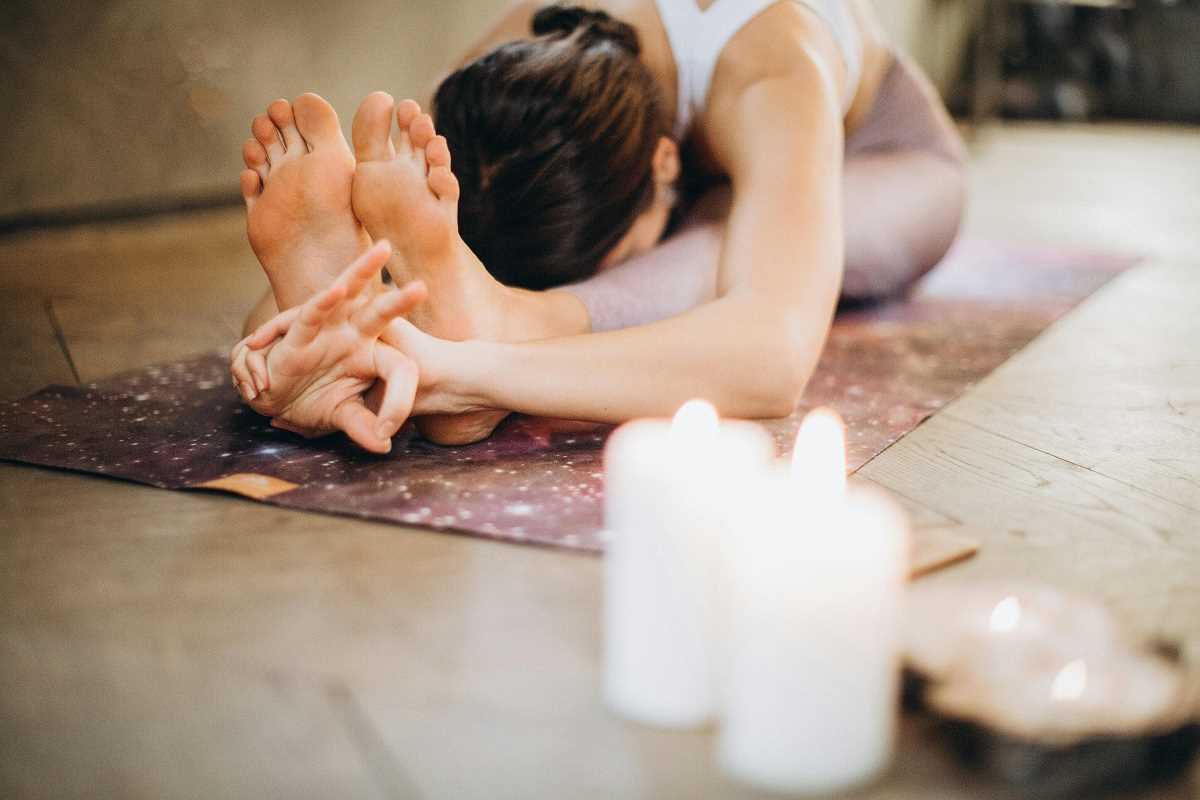There’s something enchanting about the way a familiar scent can transform your mood, ease your stress, or even evoke a fond memory you didn’t know you’d tucked away. It’s no surprise, then, that essential oils, those concentrated plant extracts prized for their aromatic and therapeutic qualities, have garnered such a loyal following over the years. But what is it about these tiny bottles of nature’s essence that makes them so powerful? Can essential oils truly enhance your well-being, or is their magic purely in the mind?
To uncover the truth, we'll explore the science behind essential oils, how they interact with our bodies, and the ways they support emotional, mental, and physical healing. Don't worry—we’re keeping things easy to understand and straightforward. Whether you’re a seasoned essential oil enthusiast or a curious beginner dipping your toes in the world of natural remedies, this guide will offer plenty of helpful insights.
What Are Essential Oils?
At their core, essential oils are highly concentrated extracts derived from plants. These oils capture the plant’s essence, including its natural fragrance and unique chemical composition. They’re typically obtained through processes like steam distillation or cold pressing, which separate the essential oil from the plant’s flowers, leaves, stems, bark, or roots. Lavender, peppermint, eucalyptus, and tea tree are just a few popular examples.
The key to their potency lies in their natural compounds. Each essential oil contains a mix of active chemicals, like terpenes and phenols, which give the oil specific characteristics and benefits. For instance:
- Linalool, found in lavender oil, is known for its calming properties.
- Menthol, abundant in peppermint oil, lends a cooling effect and helps ease muscle tension.
- Cineole, present in eucalyptus oil, supports respiratory health and relieves nasal congestion.
But the magic goes beyond chemistry. It’s how these compounds interact with your body and mind that creates the healing effects.
How Do Essential Oils Work?
One of the most fascinating aspects of essential oils is how they influence both the mind and body. Their healing power comes from the way they engage two key systems:
1. The Olfactory System
Have you ever noticed how just one whiff of a smell can instantly change your mood? That’s thanks to your olfactory system, or your sense of smell. When you inhale essential oils, their molecules travel through your nose and are quickly absorbed by sensory receptors. These receptors send messages to the limbic system, the brain region responsible for emotions, behavior, and memory.
This is why certain scents, like lavender, can help put you in a relaxed state, while others, like citrus oils, can energize and uplift your spirits. Your brain processes these aromas almost instantly, making scent a powerful tool for emotional regulation.
2. The Skin
Essential oils are also absorbed through the skin when applied topically, though they should always be diluted in a carrier oil (like coconut or almond oil) to avoid irritation. Once absorbed, they enter your bloodstream and interact with your body's tissues. This is why essential oils are commonly used for massages, where they can relax muscles, ease pain, and promote circulation.
For instance, applying a mixture of peppermint oil and a carrier oil to sore muscles can provide relief due to its anti-inflammatory and cooling effects. Similarly, tea tree oil’s antibacterial properties make it a popular solution for blemishes and minor skin issues.
The Healing Benefits of Essential Oils
Essential oils aren’t just about smelling nice; they offer remarkable therapeutic benefits that have been supported by both anecdotal evidence and scientific research. Here’s a closer look at how they can enhance your overall well-being.
Stress and Anxiety Relief
If you’ve been feeling overwhelmed or on edge, essential oils might just become your favorite go-to remedy. Lavender and chamomile oils are well known for their calming properties, thanks to compounds that reduce the body’s release of stress hormones. Studies suggest that inhaling lavender oil can lower blood pressure and heart rate, helping you feel more relaxed in moments of tension.
Have trouble winding down at night? Diffusing a few drops of lavender oil in your bedroom might help quiet your thoughts and promote deeper, more restful sleep.
Improved Focus and Energy
When your energy feels drained, or you’re struggling to concentrate, a burst of citrus oil can work wonders. Oils like sweet orange, grapefruit, and lemon have energizing properties that can lift your mood and sharpen your focus. The invigorating scent stimulates your brain, resulting in enhanced alertness and motivation.
Pro tip? Try adding a drop of peppermint and orange oil to a diffuser during your mid-day slump. Together, they’re like a natural burst of inspiration.
Respiratory Support
Have you noticed how nasal sprays and cough drops are often infused with eucalyptus or menthol? That’s because these compounds can help clear your airways and ease congestion. When inhaled, essential oils like eucalyptus, peppermint, and tea tree loosen mucus, making it easier to breathe. Mix them with water to create a soothing steam bowl or use them in a diffuser to keep your airways happy.
Relief from Aches and Pains
Whether it’s sore muscles from a tough workout, chronic pain, or an aching headache, essential oils can provide some natural relief. Rosemary, ginger, and peppermint oils are known for their anti-inflammatory and soothing properties. Apply them as part of a massage or mix them into a warm bath for an added layer of relaxation.
Boosted Skin Health
Many essential oils have antibacterial and anti-inflammatory properties that can improve your skin’s appearance. Tea tree oil has long been a favorite for treating acne due to its ability to fight bacteria and reduce redness. Likewise, frankincense oil may help reduce the appearance of fine lines and scars.
Remember to always do a patch test before applying any oils to your skin, as some people can be sensitive to certain types.
Emotional Grounding
Certain essential oils, like sandalwood and frankincense, are believed to promote a sense of grounding and mindfulness. They’ve been used for centuries in spiritual and meditative practices and may help deepen moments of self-reflection or inner peace.
Choosing and Using Essential Oils Safely
When it comes to essential oils, not all brands are created equal. To ensure you’re getting pure, high-quality oils, look for those labeled as “100% pure” or “therapeutic grade.” Avoid products with synthetic fragrances or additives, as these don’t offer the same health benefits and may even cause irritation.
Here are a few simple tips for incorporating essential oils into your routine safely:
- Use a Diffuser: Add a few drops to a diffuser to fill your space with wonderful aromas. This is one of the easiest and safest ways to enjoy essential oils.
- Dilute for Topical Use: Always mix essential oils with a carrier oil before applying them to your skin. A good rule of thumb is 3-5 drops of essential oil per tablespoon of carrier oil.
- Patch Test First: Test the mixture on a small area of skin before widespread use to ensure you’re not allergic.
- Follow Recommended Guidelines: Essential oils are powerful, so a little goes a long way. Resist the urge to overdo it and follow any safety instructions provided.
Essential oils are much more than a passing trend. Rooted in ancient traditions and backed by modern science, these natural remedies offer incredible ways to support your physical and emotional health. From calming nerves with lavender to easing muscle soreness with peppermint, they’re a versatile addition to any wellness routine.
 (Image via
(Image via
.jpg)




